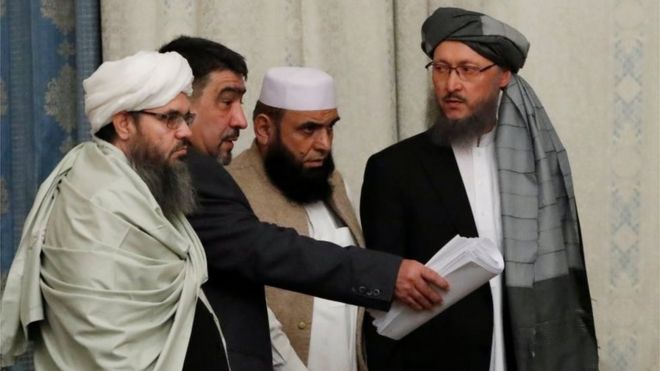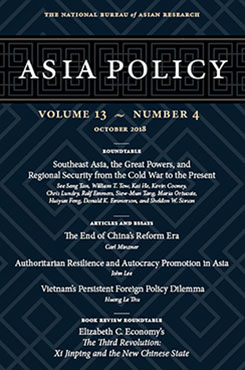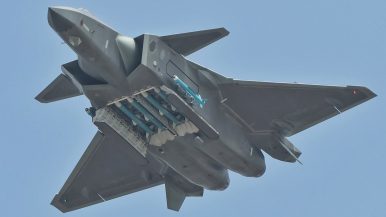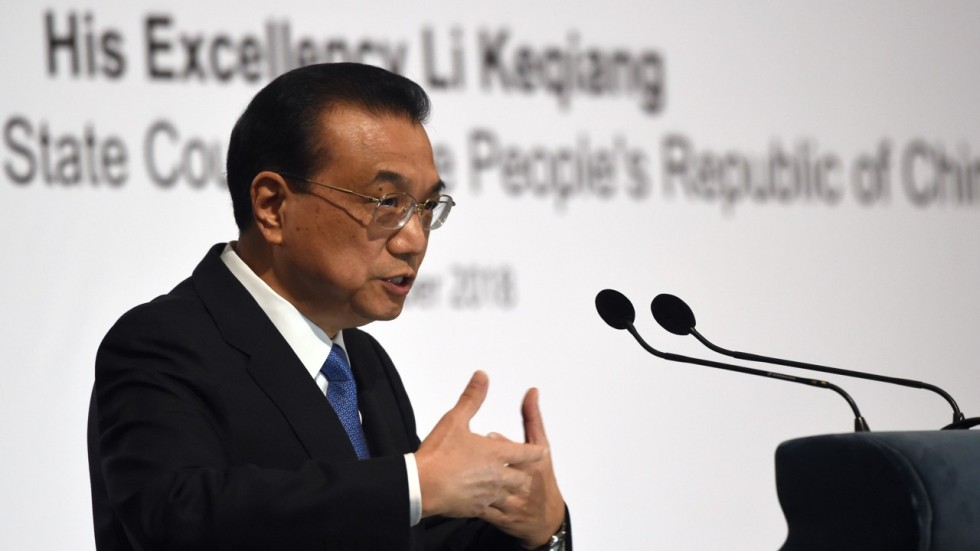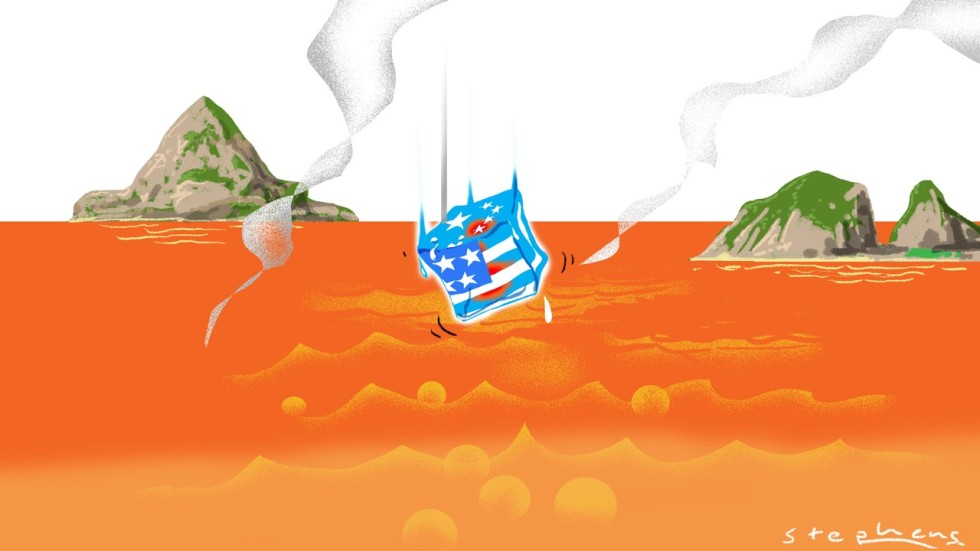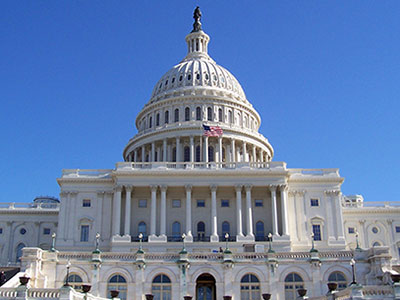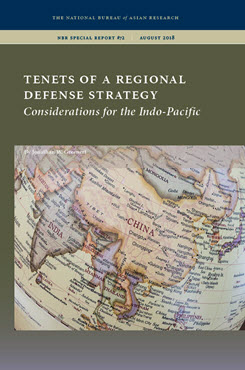By Samuel Ramani
 On October 23, the Terrorist Financing Targeting Center (TFTC) imposed sanctions on two Iranian Quds Force officers for providing financial and military support to the Taliban. The TFTC’s decision, which was reached by the United States and its Gulf Cooperation Council (GCC) allies, labelled Iran as complicit in the wave of terrorist attacks launched by the Taliban in recent months. In a statement that followed the TFTC’s ruling, U.S. Secretary of the Treasury Steve Mnuchin described Iran’s relationship with the Taliban as “yet another example of Tehran’s blatant regional meddling and support for terrorism.”
On October 23, the Terrorist Financing Targeting Center (TFTC) imposed sanctions on two Iranian Quds Force officers for providing financial and military support to the Taliban. The TFTC’s decision, which was reached by the United States and its Gulf Cooperation Council (GCC) allies, labelled Iran as complicit in the wave of terrorist attacks launched by the Taliban in recent months. In a statement that followed the TFTC’s ruling, U.S. Secretary of the Treasury Steve Mnuchin described Iran’s relationship with the Taliban as “yet another example of Tehran’s blatant regional meddling and support for terrorism.”
Mnuchin’s statement reflected the consensus within the Trump administration about Iran’s Taliban links. In May, U.S. Secretary of State Mike Pompeo accused Iran of supporting Taliban militants, and urged Tehran to suspend this relationship as a precondition for normalized diplomatic ties with the United States. Although U.S. officials have correctly drawn attention to the destabilizing consequences of this policy, there is inadequate evidence for claims that Iran wants to harm the security of the United States by creating a state of chaotic instability in Afghanistan.
